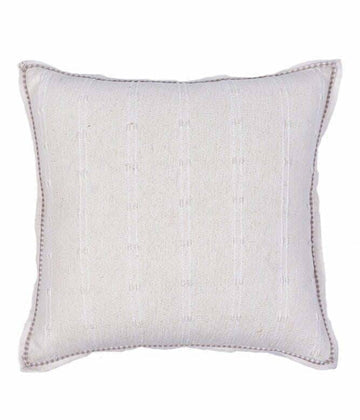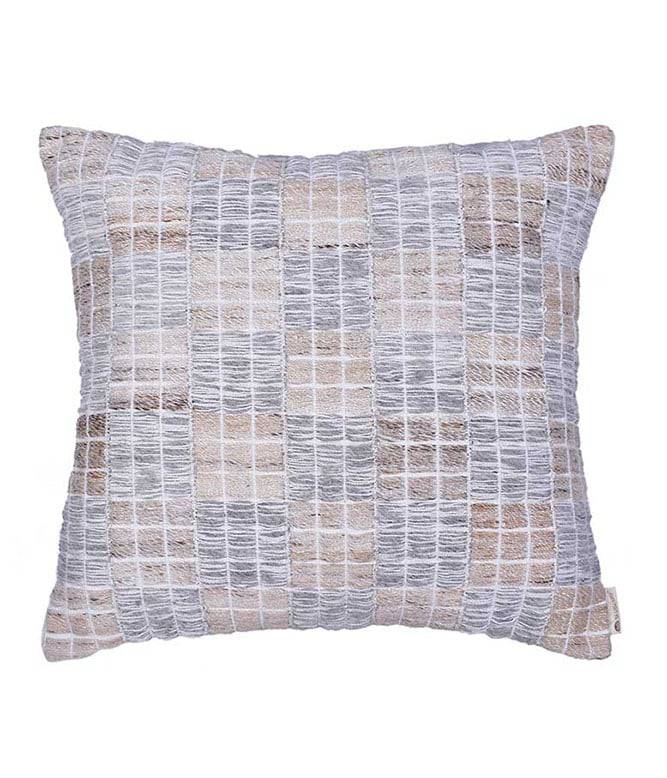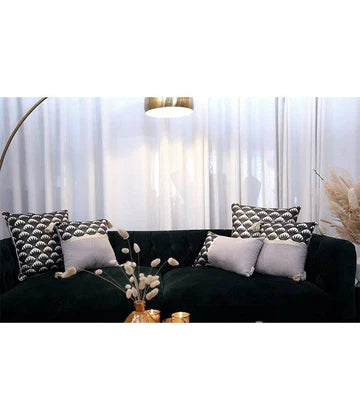tgwhome
In the world of sustainable living, bed sheets have become a focal point for eco-conscious consumers. While organic cotton has long been a popular choice, there are several other materials that offer equally sustainable and comfortable options. Let's delve into some lesser-known sustainable bed sheet materials and their unique benefits.
Bamboo
Bamboo is a rapidly renewable resource that grows without the need for pesticides or fertilizers. Bamboo-derived fabrics are incredibly soft, hypoallergenic, and moisture-wicking. They are also naturally antibacterial, making them ideal for those with sensitive skin.
- Benefits: Soft, hypoallergenic, moisture-wicking, antibacterial
- Drawbacks: Can be slightly more expensive than organic cotton
Hemp
Hemp is another sustainable option that offers several advantages. It is highly durable, breathable, and temperature-regulating. Hemp fabrics are also naturally antimicrobial and resistant to mold and mildew.
- Benefits: Durable, breathable, temperature-regulating, antimicrobial
- Drawbacks: Can be rougher to the touch than other materials
Eucalyptus
Eucalyptus is a relatively new entrant into the sustainable textile market. Eucalyptus fibers are soft, silky, and incredibly absorbent. They are also naturally hypoallergenic and odor-resistant.
- Benefits: Soft, silky, absorbent, hypoallergenic, odor-resistant
- Drawbacks: Can be more expensive than traditional materials
Tencel
Tencel is a brand name for a type of fabric made from wood pulp. It is a biodegradable and sustainable material that is soft, breathable, and moisture-wicking. Tencel fabrics are also hypoallergenic and have a luxurious feel.
- Benefits: Soft, breathable, moisture-wicking, hypoallergenic
- Drawbacks: Can be more expensive than traditional materials
Linen
Linen is a classic fabric that has been used for centuries. It is made from flax fibers, which are naturally strong and durable. Linen fabrics are breathable, absorbent, and hypoallergenic. They also become softer with each wash.
- Benefits: Durable, breathable, absorbent, hypoallergenic
- Drawbacks: Can be wrinkled easily
Choosing the Right Material
When selecting sustainable bed sheets, consider your personal preferences and needs. If you prioritize softness and comfort, bamboo or eucalyptus might be good options. For durability and breathability, hemp or linen could be ideal. Tencel offers a balance of softness, durability, and sustainability.
Remember to look for certifications like GOTS (Global Organic Textile Standard) or OEKO-TEX to ensure the materials used in your bed sheets are truly sustainable and ethically sourced. By choosing sustainable bed sheets, you can reduce your environmental impact and enjoy a healthier, more comfortable sleep.





